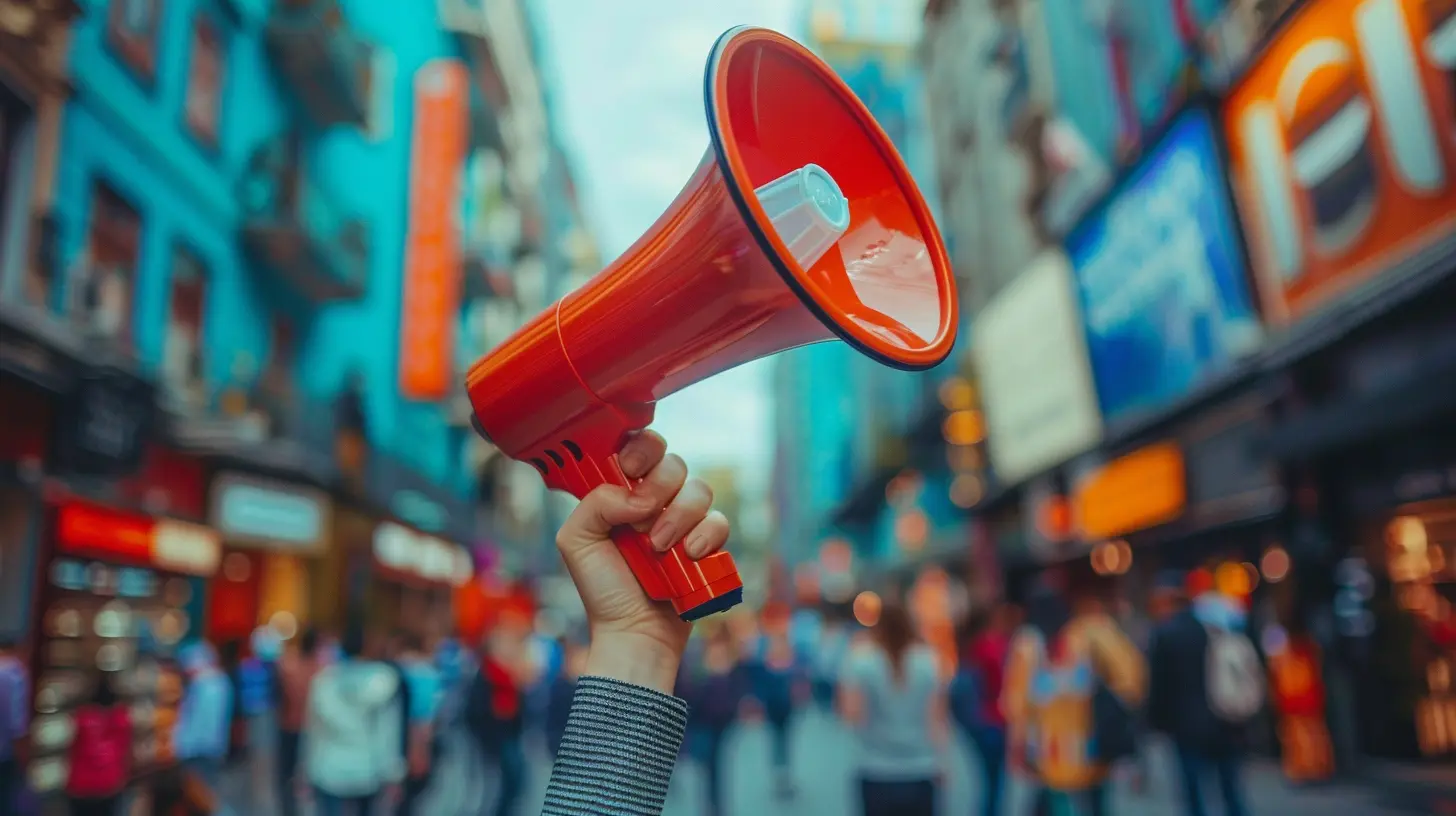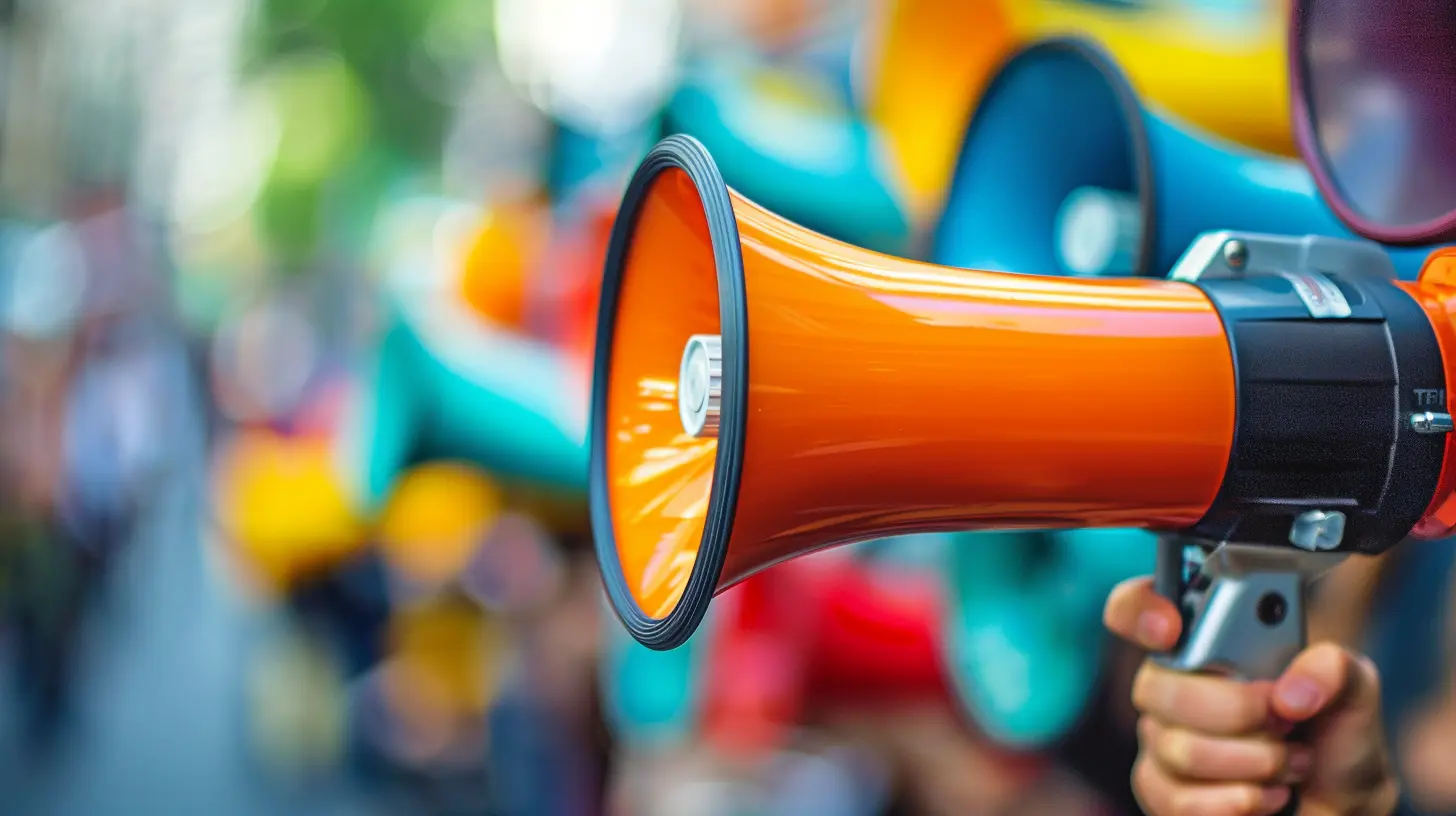How Social Media Impacts Public Relations Today
1 September 2025
Let’s be real—public relations (PR) isn’t what it used to be. Gone are the days when crafting a press release and calling up a journalist did the trick. Now, PR professionals live in a digital jungle, where social media reigns supreme. Facebook, X (formerly Twitter), Instagram, LinkedIn, TikTok—you name it, they’ve completely flipped the PR script. Social media brought PR out of the boardroom and into the smartphone screens of billions.
But how exactly has it changed things?
Let’s roll up our sleeves and dive deep into how social media is shaping public relations today—and why PR folks need to stay on their toes every single day.
The Rise Of Real-Time Communication
One of the biggest shifts social media brought to PR is the insane speed of communication. News breaks on social media before it hits any news site or TV channel. Think about it—when was the last time you saw a breaking story on TV before seeing it on social?This real-time nature has made PR both exciting and overwhelming. You have to be quick, alert, and constantly monitoring what's happening. There’s no time to “circle back” later—your audience expects answers now.
If a brand's facing backlash or a crisis, it's like putting out a fire while it's still spreading. Delay your response? You risk looking out of touch, dishonest, or just plain lazy. Social media basically handed everyone a megaphone—and PR pros have to be ready to react before that noise turns into a roar.
The Power Shift to Consumers
Social media flipped the power dynamics. Once upon a time, brands controlled the message. They told their story through polished press releases, exclusive interviews, and controlled media appearances.Today? Not so much.
Consumers now run the conversation. A single tweet or TikTok video can go viral and either build your brand or break it. One bad review can make waves, even if it’s not 100% accurate. The internet never sleeps—and it never forgets.
PR professionals have had to shift from controlling the narrative to guiding it. That means engagement, listening, and being transparent. You're not just talking at people anymore—you're having conversations with them.
Influencers Are the New Media Gatekeepers
Remember when getting a feature in a major newspaper or magazine was the be-all and end-all?Now, a 22-year-old influencer with a ring light and 500K followers could get you ten times the exposure—especially with younger audiences.
Social media influencers have become powerful players in public relations strategy. They're trusted by their followers, often more than traditional media outlets. That’s why PR teams now spend just as much time building relationships with content creators as they do with journalists.
But it’s not just about sending free products and hoping for the best. It’s about finding the right voice—someone who aligns with your brand values and can speak authentically to their audience. Because trust is everything, and forced promotion? That sticks out like a sore thumb.
Building Brand Personality Through Social
Social media has given brands a face—or at least a personality. And let’s be honest, people are way more likely to engage with a brand that’s relatable, funny, or inspiring rather than one that sounds like a corporate robot.Think about big brand social teams like Wendy’s, Duolingo, or Netflix. They’ve mastered the art of tone, timing, and authenticity. Whether it’s cracking jokes, jumping on trends, or clapping back at trolls (tastefully), these brands use PR to connect, not just announce.
Your brand’s voice is no longer confined to press releases. It’s live in every tweet, story, DM, and comment. Mess it up, and it spreads like wildfire. Get it right, and people turn into loyal fans.
Crisis Management in the Age of Virality
Let’s talk crisis control because, frankly, it’s become a battlefield.Say something wrong, and within minutes, screenshots are circulating. Hashtags start trending. Memes are made. Your brand’s image is suddenly on a tightrope.
Old-school crisis communication had somewhat of a buffer—a time window to craft responses, hold statements, maybe even hope the issue fizzled. Not anymore.
Today’s PR teams must have a social-first crisis plan. That means:
- Monitoring mentions in real time.
- A rapid-response team ready to post and engage.
- Honest, human responses (no corporate jargon).
- Clear internal communication so the whole company speaks in one voice.
And most importantly? Owning up when you mess up. Social media users smell insincerity a mile away.
The Importance of Listening... Really Listening
Public relations used to be a lot about talking. You had a message, and your job was to get it out there.But social media changed the game. Now, PR is just as much about listening. That means keeping your ear to the ground and paying attention to what people are saying about your brand—good or bad.
Social media listening tools (like Hootsuite or Brandwatch) help PR teams spot trends, understand sentiment, track engagement, and catch negative chatter before it explodes. Listening is how you tap into what your audience really wants—not just what you think they want.
It’s like having a 24/7 focus group that never sleeps.
Engagement Over Exposure
Exposure is no longer the gold standard. Sure, reach is nice. But engagement? That’s where the magic is.Think about it—would you rather have 1 million people glance at your content, or 10,000 people actually care enough to comment, share, and act?
Social media’s made it clear that engagement drives connection. PR strategies today focus on sparking conversations, encouraging user-generated content, and building communities.
Whether it's replying to comments, running polls, or creating shareable moments, PR teams are now in the business of relationships, not just announcements.
Data-Driven PR Strategies
One of the best things about social media? The data.Old PR relied heavily on guesswork and vague metrics—like media impressions (whatever that meant). Now, you can track everything: likes, shares, clicks, engagement rates, sentiment analysis, reach, and conversions.
PR professionals can now measure the actual impact of their campaigns in real-time. That’s huge.
It means you can pivot fast, double down on what works, and ditch what doesn’t. And when you’re trying to justify ROI to leadership? Cold, hard data speaks louder than any media clip.
Employee Advocacy Takes Center Stage
Social media isn’t just about your brand’s official handle. Employees play a big role in shaping public perception too.Companies are encouraging (but not forcing) employees to be part of their PR efforts by sharing content, highlighting company culture, and even becoming voices of leadership on platforms like LinkedIn.
When employees speak up in support of their company authentically, it can carry more weight than any glossy PR campaign. It humanizes the brand and builds trust.
Of course, this also means companies need strong internal communication and guidelines. One rogue post can cause chaos. But handled right, employee advocacy can be a huge PR asset.
Transparency and Accountability Are Non-Negotiable
Let’s get one thing straight—social media doesn’t tolerate BS. People want brands to be honest, transparent, and accountable.Try spinning a story or burying a scandal, and you’ll face the wrath of the internet.
In this climate, PR professionals are less like spin doctors and more like accountability officers. Your messaging has to be rooted in truth, your actions have to follow your promises, and your mistakes? You better own them.
Authenticity isn't just a buzzword anymore—it's a survival tactic.
How PR Pros Can Adapt to This New World
Let’s face it: not every PR pro is thrilled about this new social media era. It’s fast, unpredictable, and unforgiving. But it’s also full of opportunity.Here’s how to stay ahead:
- Invest in training. Don’t be afraid of new platforms. Stay curious and keep learning.
- Use social listening tools. They help you monitor, analyze, and respond faster.
- Be human. Ditch the corporate talk. Talk like a person, not a press release.
- Collaborate with influencers. Build real relationships, not paid shoutouts.
- Craft engaging content. PR needs to entertain, not just inform.
- Embrace analytics. Let data guide your strategy.
- Stay transparent. It’s not optional anymore.
Final Thoughts
Social media has turned public relations into a 24/7, always-on conversation. It’s faster, louder, and more complex than ever. But it’s also more personal, measurable, and engaging.If you’re in PR today, you’re not just managing messages—you’re managing relationships. And those relationships live, grow, and evolve on social media.
So will social media keep changing PR? Absolutely. But if you adapt, listen, and lean into authenticity, you won’t just keep up—you’ll lead the way.
all images in this post were generated using AI tools
Category:
Public RelationsAuthor:

Amara Acevedo
Discussion
rate this article
1 comments
Delilah McNeal
Social media amplifies voices, reshaping public trust.
September 14, 2025 at 2:35 AM

Amara Acevedo
Absolutely! Social media not only amplifies diverse voices but also challenges traditional narratives, significantly influencing public trust in organizations and brands.


